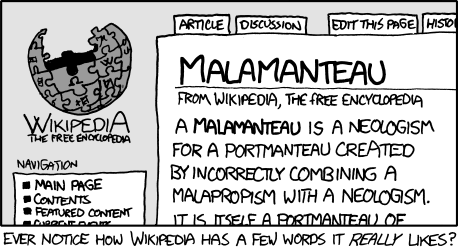Obama's Indonesian pleasantries: now with food!
In January 2009, soon after President Obama was sworn in, we had our first video evidence of his conversational skills in Indonesian, based on an exchange he had with a State Department staffer. (See "Obama's Indonesian pleasantries: the video.") As I said at the time, his experience of living in Indonesia from age six to ten had left him "if not bilingual, at least bi-courteous." Now Obama is on his long-delayed state visit to Indonesia, and he's been breaking out some more Indonesian pleasantries and showing off basic food-related etiquette.
Read the rest of this entry »



